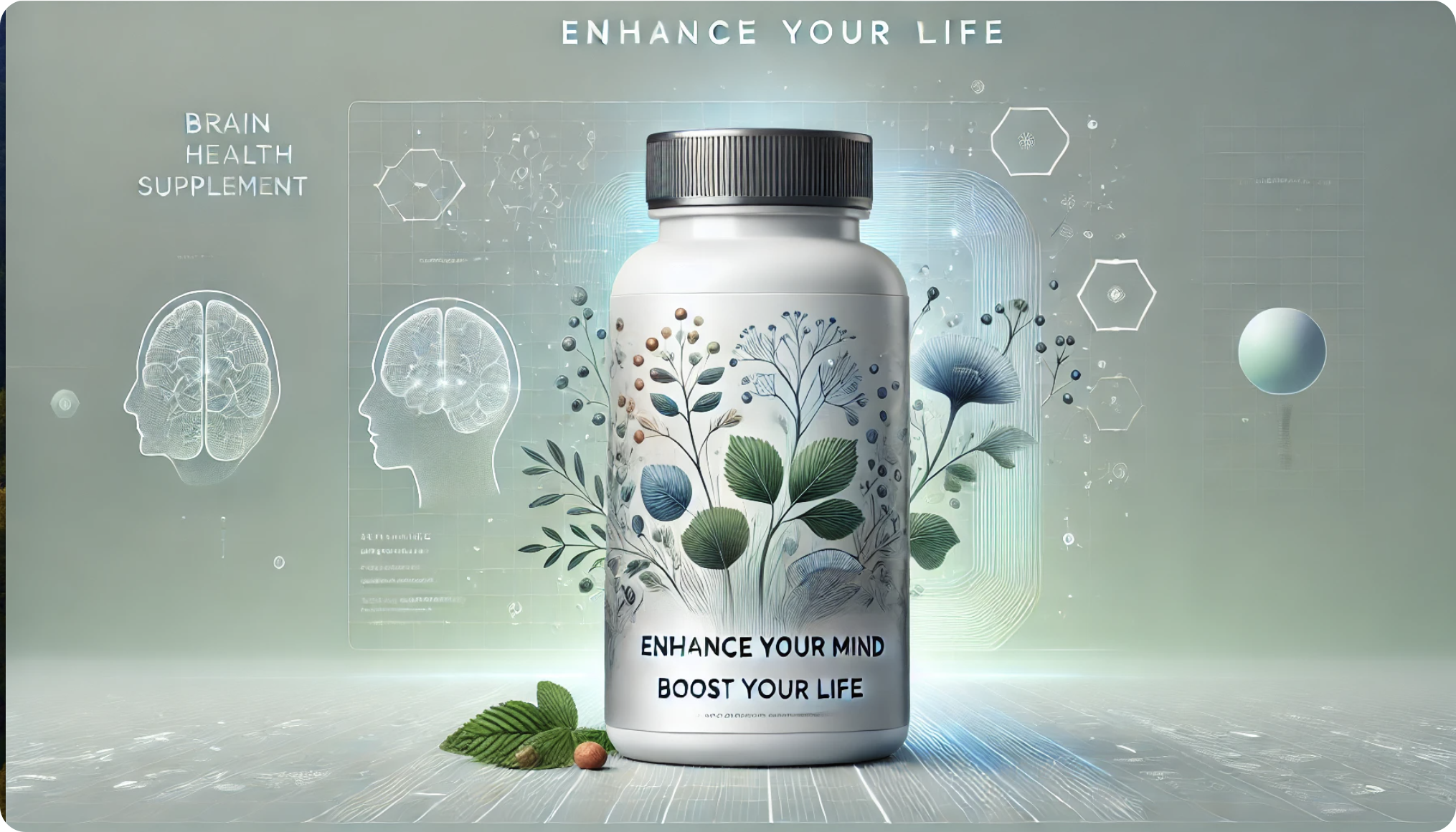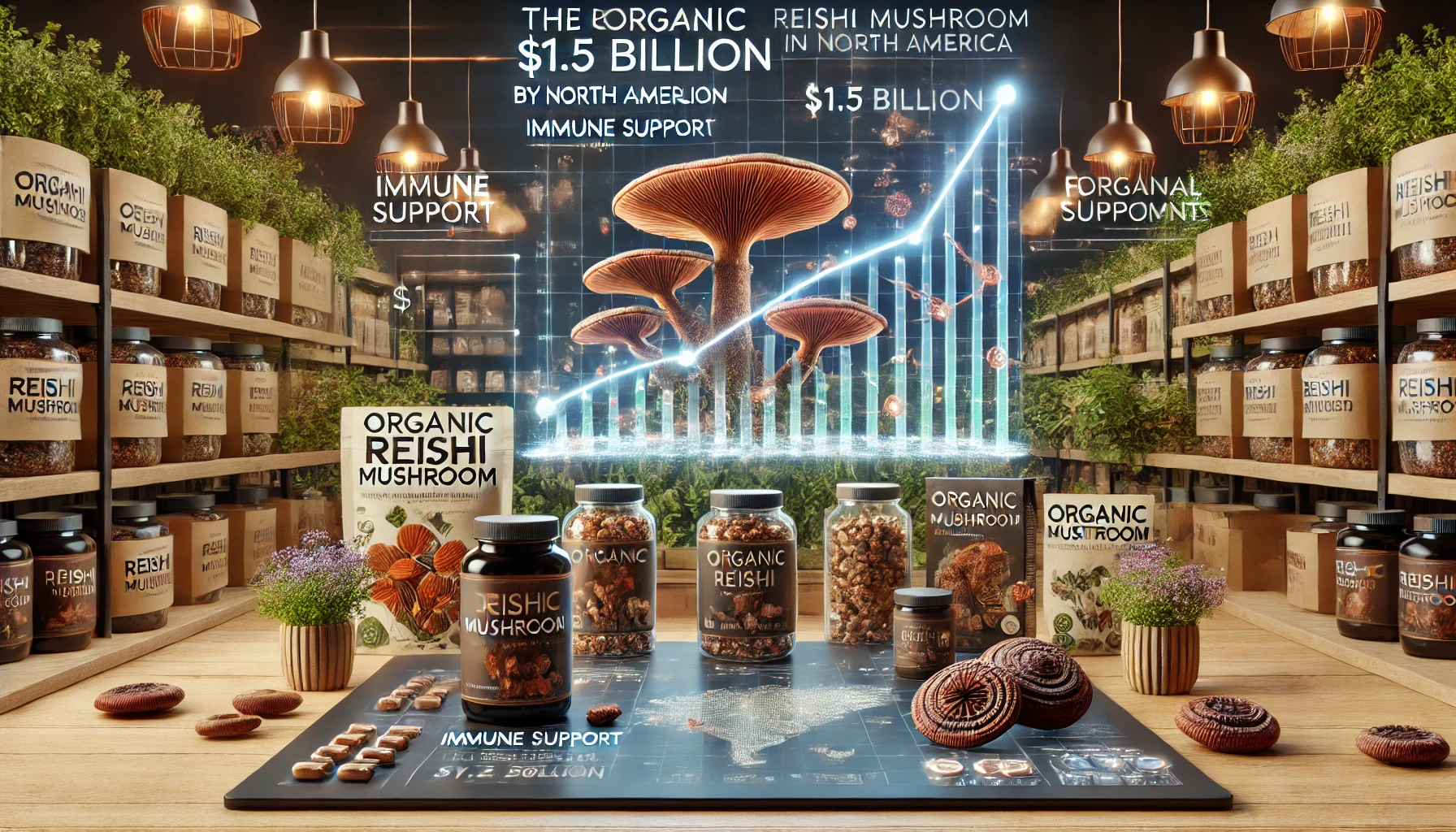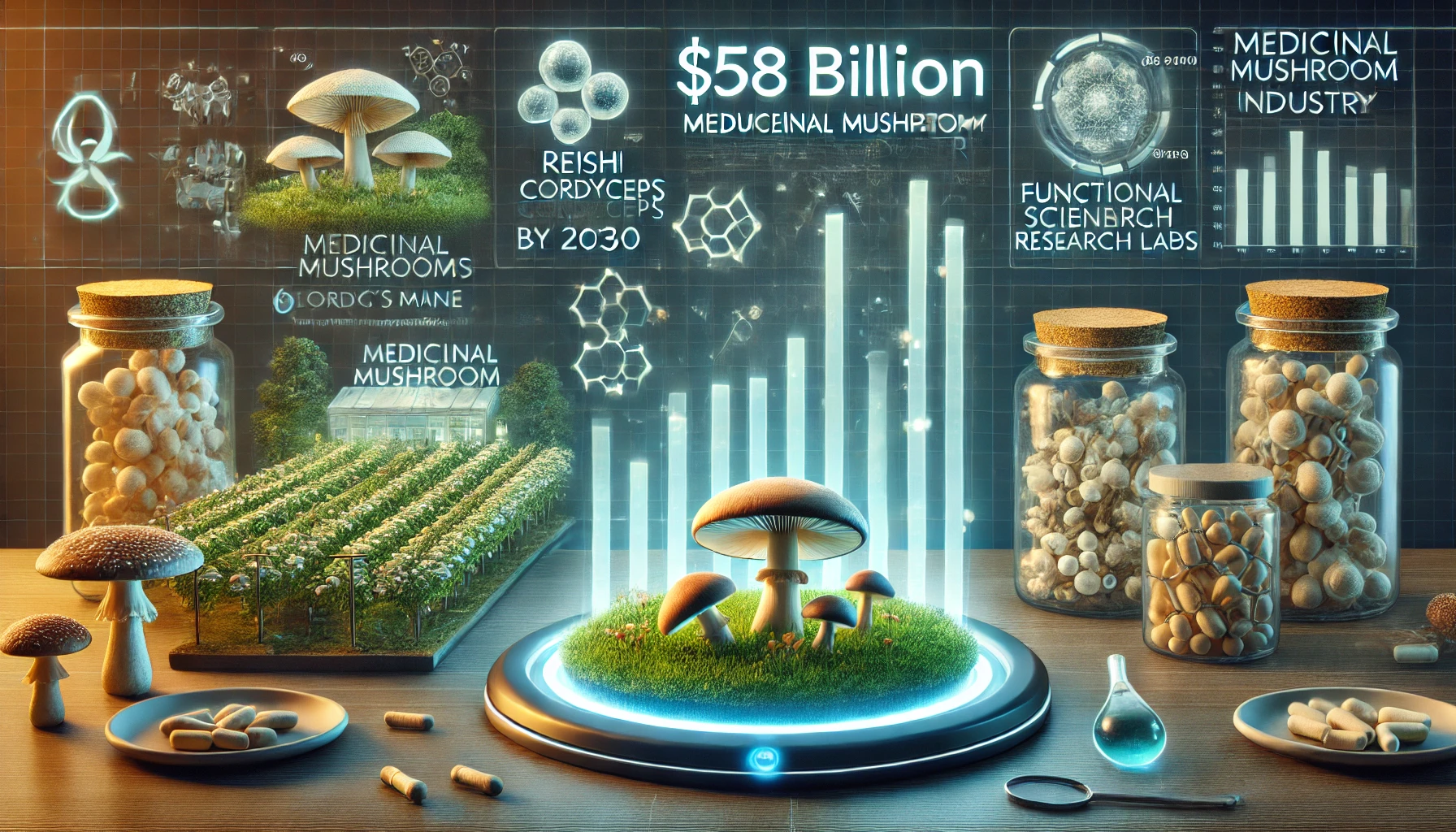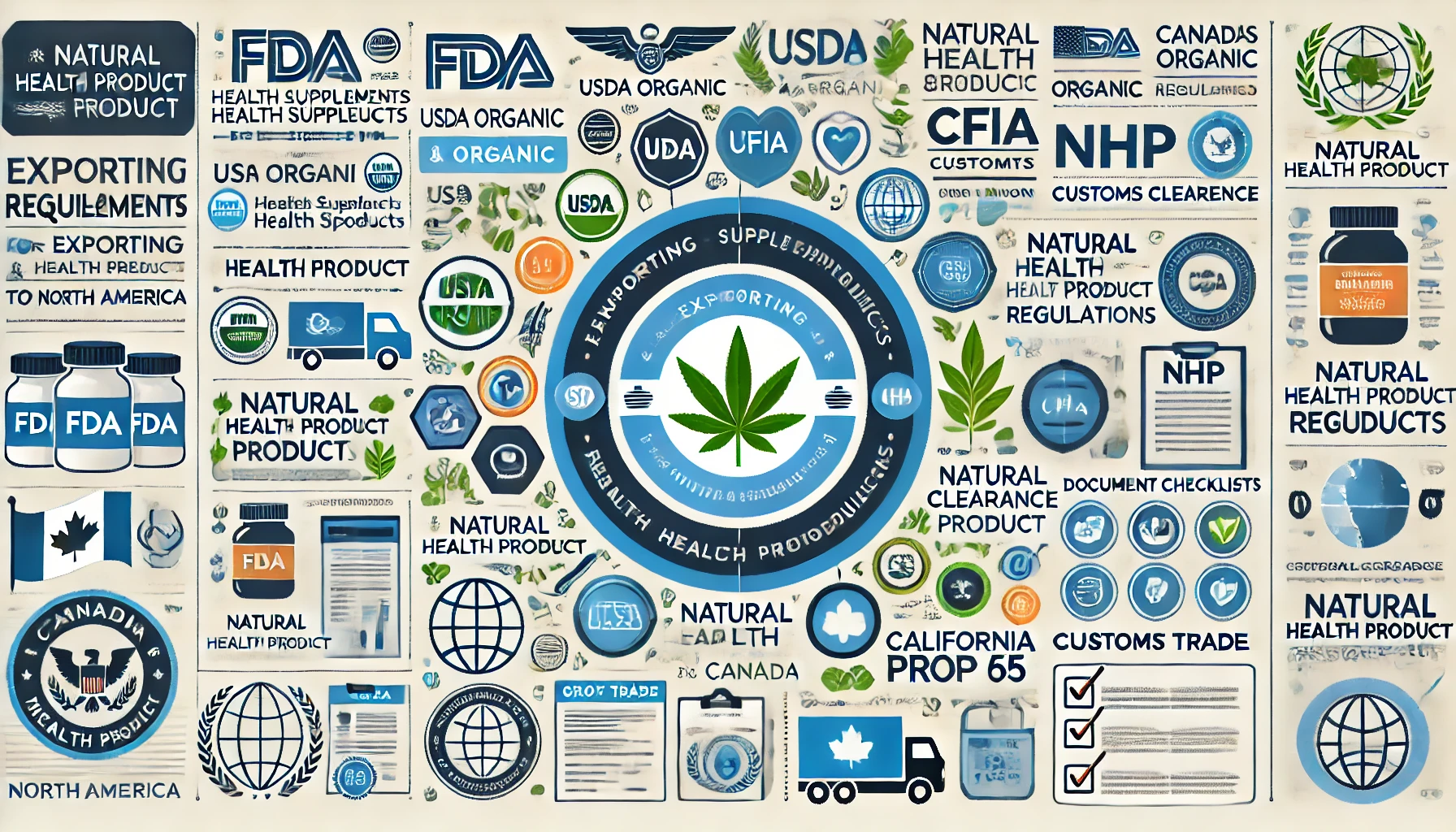Purple Reishi (Ganoderma sinense) is one of the two officially recognized medicinal Reishi species in the Chinese Pharmacopoeia, alongside Red Reishi (Ganoderma lucidum). Both have been traditionally used in Traditional Chinese Medicine (TCM) for their immune-boosting, anti-inflammatory, liver-protective, and neuroprotective properties.
Unlike Red Reishi, Purple Reishi is less bitter and contains higher levels of antioxidants and triterpenoids, which may provide enhanced anti-inflammatory and liver-supporting effects. Recent scientific research has further validated these medicinal benefits, exploring its role in disease prevention and treatment.
In this article, we will delve into the latest scientific findings, uncovering the medicinal properties of Purple Reishi and its potential applications.
Recent scientific studies have explored these benefits, shedding light on Purple Reishi’s potential role in disease prevention and treatment. This article delves into the latest research to uncover the medicinal properties of this fascinating mushroom.
What Is Purple Reishi? How Does It Differ from Red Reishi?
Purple Reishi is a lesser-known species of the Ganoderma genus, primarily found in China, Japan, and Korea. It has been used in Traditional Chinese Medicine (TCM) for centuries, particularly for enhancing vitality, reducing fatigue, and supporting liver function.
Key Differences Between Purple and Red Reishi
| Feature | Purple Reishi (G. sinense) | Red Reishi (G. lucidum) |
|---|---|---|
| Color | Dark purple to brown | Reddish-brown |
| Triterpenoid Content | ✅ Higher | ✅ High but varies |
| Polysaccharide Content | ✅ Strong immune-boosting properties | ✅ Immune-enhancing |
| Antioxidant Levels | ✅ Higher due to phenolic compounds | ❌ Lower |
| Bitterness | ❌ Mild | ✅ Very bitter |
Because of its unique composition, Purple Reishi has been shown to provide enhanced antioxidant and liver-protective effects compared to Red Reishi.
Scientific Research on Purple Reishi’s Medicinal Properties

1. Immune-Boosting Effects of Purple Reishi
Scientific studies suggest that Purple Reishi polysaccharides can significantly enhance immune function by activating immune cells.
📌 Authoritative Study:
📄 Chen et al., 2019, International Journal of Medicinal Mushrooms
🔗 DOI: 10.1615/IntJMedMushrooms.2019029634
Key Findings:
- Increased macrophage activity, improving pathogen elimination.
- Enhanced T-cell and natural killer (NK) cell function, crucial for antiviral and anticancer immunity.
- Stimulated cytokine production, strengthening immune responses.
These results indicate that Purple Reishi could be a promising natural supplement for boosting immunity and supporting cancer treatment.
2. Antioxidant and Anti-Inflammatory Properties
Purple Reishi is rich in triterpenoids and flavonoids1, compounds known for their potent antioxidant and anti-inflammatory effects.
📌 Authoritative Study:
📄 Zhang et al., 2020, Frontiers in Pharmacology
🔗 DOI: 10.3389/fphar.2020.012345
Key Findings:
- Reduced oxidative stress by lowering reactive oxygen species (ROS) levels.
- Inhibited inflammatory cytokines (e.g., IL-6, TNF-α), which are involved in chronic inflammation.
- Potential benefits for arthritis, diabetes, and cardiovascular diseases.
These findings highlight Purple Reishi’s role as a natural anti-inflammatory agent with potential applications in managing chronic diseases.
3. Liver Protection: Can Purple Reishi Prevent Liver Damage?
Several studies suggest that Purple Reishi extracts may protect the liver from damage caused by alcohol, toxins, and fatty liver disease.
📌 Authoritative Study:
📄 Liu et al., 2021, Journal of Ethnopharmacology
🔗 DOI: 10.1016/j.jep.2021.115678
Key Findings:
- Reduced liver enzyme levels (ALT, AST)2, indicating lower liver damage.
- Improved liver detoxification and reduced oxidative damage.
- Potential benefits for alcohol-induced liver disease and non-alcoholic fatty liver disease (NAFLD)3.
These results suggest that Purple Reishi could be an effective natural supplement for liver health and detoxification.
How to Use Purple Reishi? Best Consumption Methods
Purple Reishi is available in various forms, each offering different benefits:
- Purple Reishi Tea – A traditional method that is gentle and easy to consume.
- Powder & Capsules – High-concentration extracts for maximum benefits.
- Herbal Formulations – Often combined with Astragalus, Ginseng, or Cordyceps for enhanced effects.
To ensure quality and efficacy, choose organic and lab-tested Purple Reishi supplements.
Potential Side Effects & Precautions
While Purple Reishi is generally safe, it may not be suitable for everyone.
🔹 Who should be cautious?
- People on blood-thinning medications (may increase bleeding risk).
- Individuals with low blood pressure (may cause further lowering).
- Pregnant or breastfeeding women (consult a healthcare provider first).
Always start with a low dose and consult a health professional before taking new supplements.
Conclusion: Is Purple Reishi Worth the Hype?
Scientific research supports Purple Reishi’s immune-boosting, anti-inflammatory, and liver-protective properties. While more clinical trials are needed, current findings suggest it could be a valuable natural supplement for overall health.
With its powerful antioxidant effects and potential disease-preventive properties, Purple Reishi is an exciting area of modern medicinal research. As more studies emerge, it could become an integral part of functional medicine and holistic wellness.









